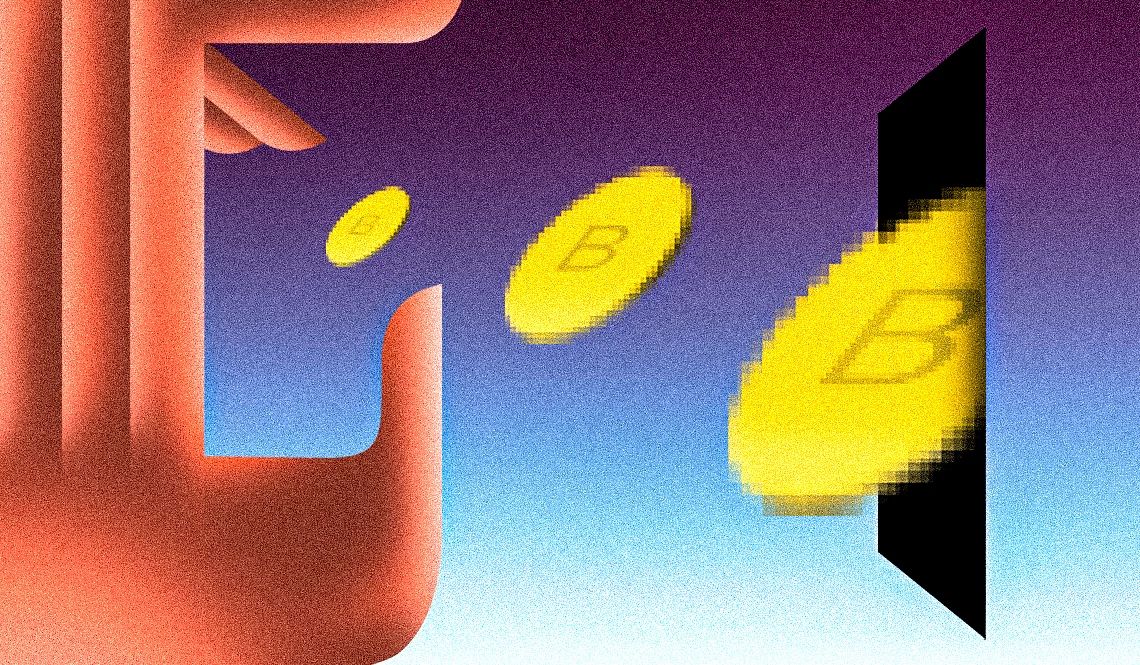Staying Fit


In this story:
Investment scams • Payment scams • Red flags • Protect yourself • Reporting problems • More resources
Cryptocurrencies such as bitcoin, ethereum, solana and hundreds more are hot commodities in online trading, and it’s possible for an investor to make a profit. But many people have experienced dramatic losses, some through bogus investment platforms touted by scammers as sure moneymakers.
The Federal Trade Commission (FTC) warns consumers that crypto investing comes with lots of risks, including scams.
Virtual money isn’t backed by any government or central bank. Even so, you can use crypto to buy goods and services, exchange it for U.S. dollars and other conventional currencies on digital markets, and even obtain it at specialized ATMs.
Unlike the value of government-backed money, that of virtual currencies is driven entirely by supply and demand. This can create wild swings that produce big gains for investors — or big losses. Crypto investments are subject to far less regulatory protection than traditional financial products such as stocks, bonds and mutual funds. Crypto ATMs are favored by criminals for their anonymity and general lack of oversight.
Cryptocurrency fraud has taken a quantum leap in recent years. The FBI says that in 2023, investment fraud involving cryptocurrency accounted for $3.94 billion in losses, up from $2.57 billion the previous year. Nearly 44,000 investors were victimized.
Cryptocurrency scams fall into two categories: investment and payment.
Cryptocurrency investment scams
Using investment platforms. Criminals lure unwary investors into setting up accounts on an online investment platform with the promise of fabulous returns. What the investors don’t know is that the platform actually is a Ponzi scheme, in which they’re paid returns out of money put in by other investors.




































































More on money
Money Can Be Stolen From Your Bank Account: How to Lower Your Risk
Customers need to be vigilant as thefts from personal accounts become more common
Is the Postal Service Texting You — or a Scammer?
Criminals pretend to be delivery services, smishing for personal info and moneyTech Support Scams Are Rampant in 2023
How to thwart criminals who pretend to fix computer problems but steal your money instead